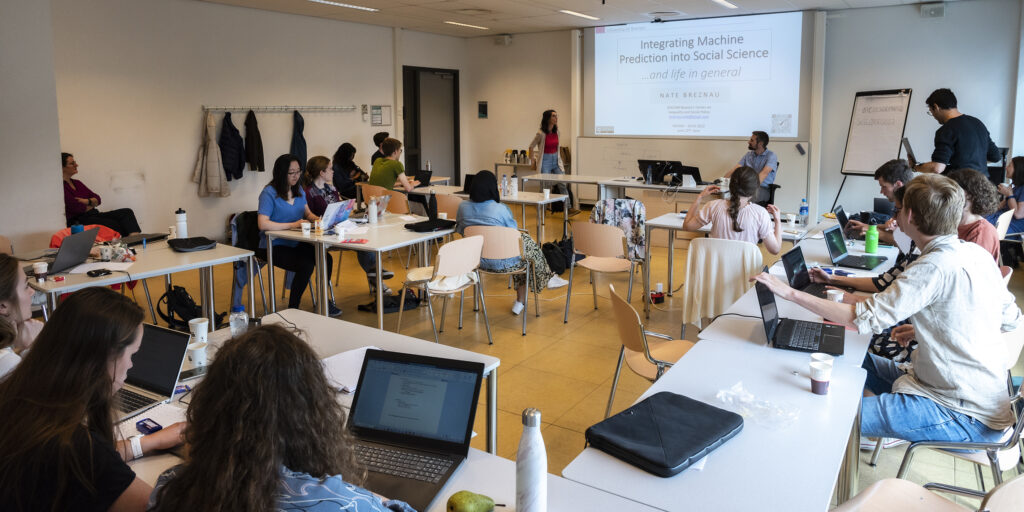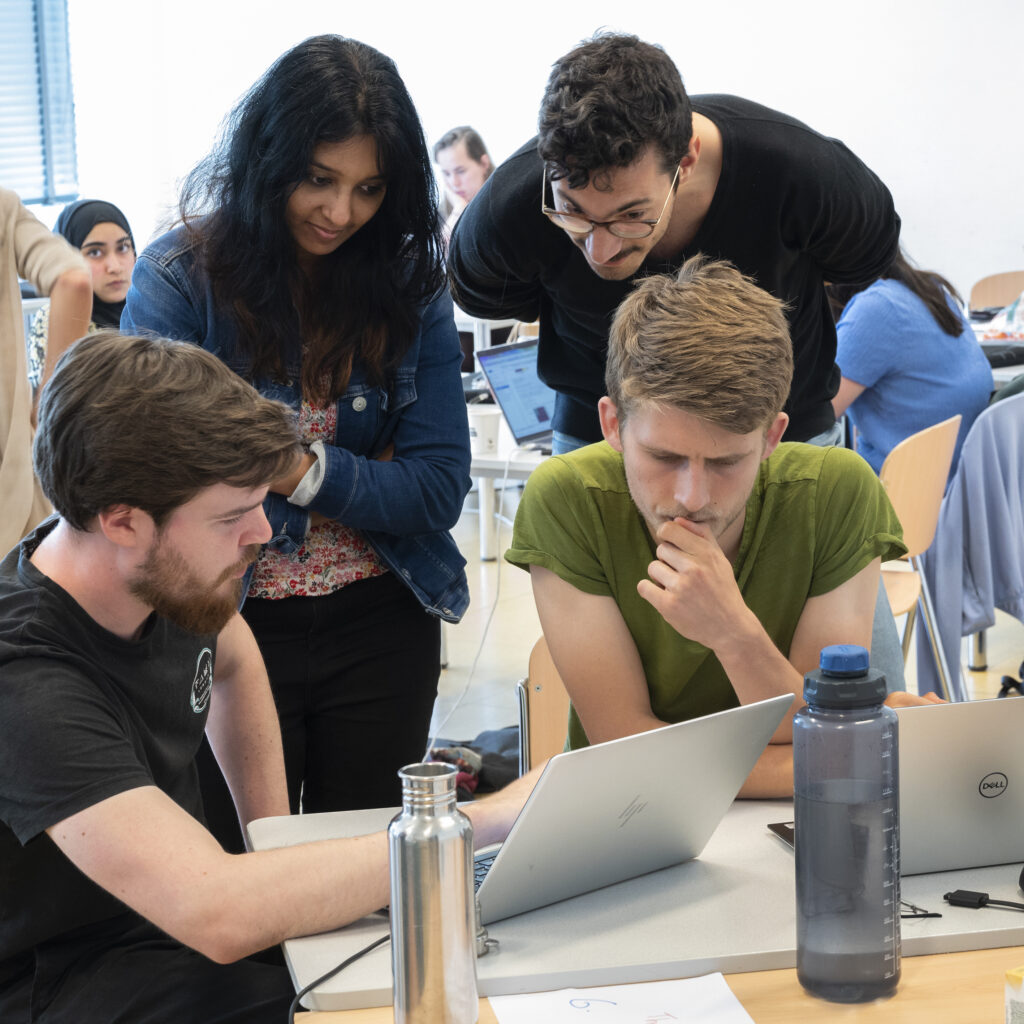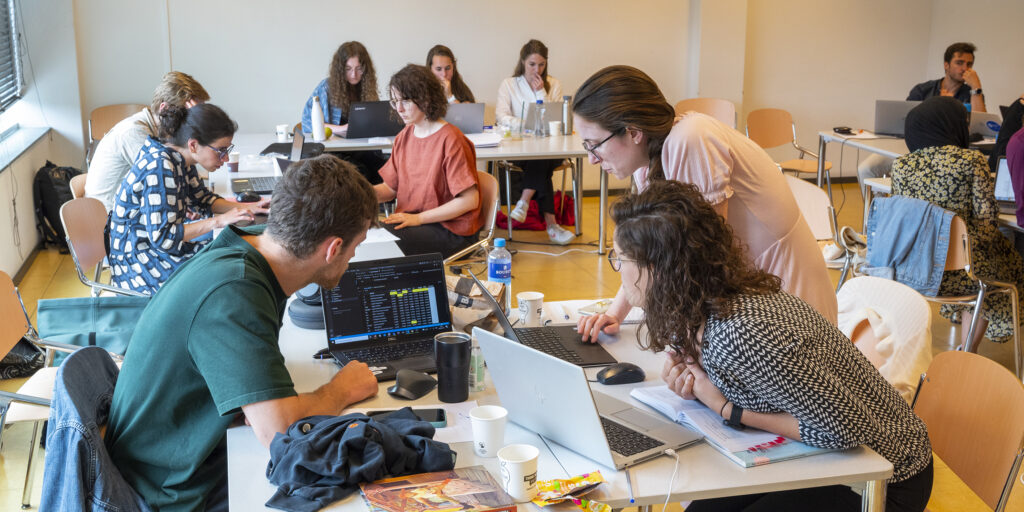From 20 June to 1 July, the first SICSS-ODISSEI summer school successfully took place in Rotterdam. In the first week, the programme included lectures and interactive work sessions to familiarise about 20 participants with key issues and challenges in computational social sciences. In the second week, the participants executed a unique social science benchmarking challenge, gaining hands-on experience and putting their new knowledge to practice.

The summer school was one of the Summer Institutes in Computational Social Science (SICSS), a world-wide initiative that brings together graduate students, postdoctoral researchers, and beginning faculty interested in computational social science. The ODISSEI summer school was also intended to familiarise participants with ODISSEI’s overarching and interlinked research infrastructure. Participants learned more about the rich datasets that are available in the Netherlands, and in the second week of the summer school they were able to execute their own research project using the ODISSEI infrastructure.
Throughout the summer school, there were external speakers who conduct computational social science research in a variety of settings. Topics of the lectures included information diffusion in social media, Population Scale Network Analysis, machine learning, and predictions and causality in social science. This prepared the participants for the benchmarking challenge that they executed in the second week.

While benchmarking challenges are popular in data science, machine learning and other fields, there have been very few benchmark challenges in the social sciences. ODISSEI’s benchmarking team and the Social Data Science Team (SoDa) therefore organised a unique social science benchmark for the summer school. The aim of the challenge was to predict precarious employment (defined using a combination of income level and contract type) in 2020, based on predictors from 2010 or earlier. Each of the six teams was provided with a simple baseline training dataset which included the outcome variable and several basic demographic indicators. The participants were also able to search for additional datasets and data sources, and to link these data at the individual level to the training data.
As this was the first way a social science benchmarking challenge was set up using the rich Dutch administrative data, the experience and results of this challenge provide crucial insight into the ways in which benchmarking for the social sciences can be further improved. The ODISSEI benchmarking team expects to build on this with a follow-up benchmarking challenge.
Relevant links

- ODISSEI Benchmarking in the Social Sciences
- ODISSEI Social Data Science Team
- SICSS-ODISSEI summer school
Photos by Michel Groen – MG Fotografie

